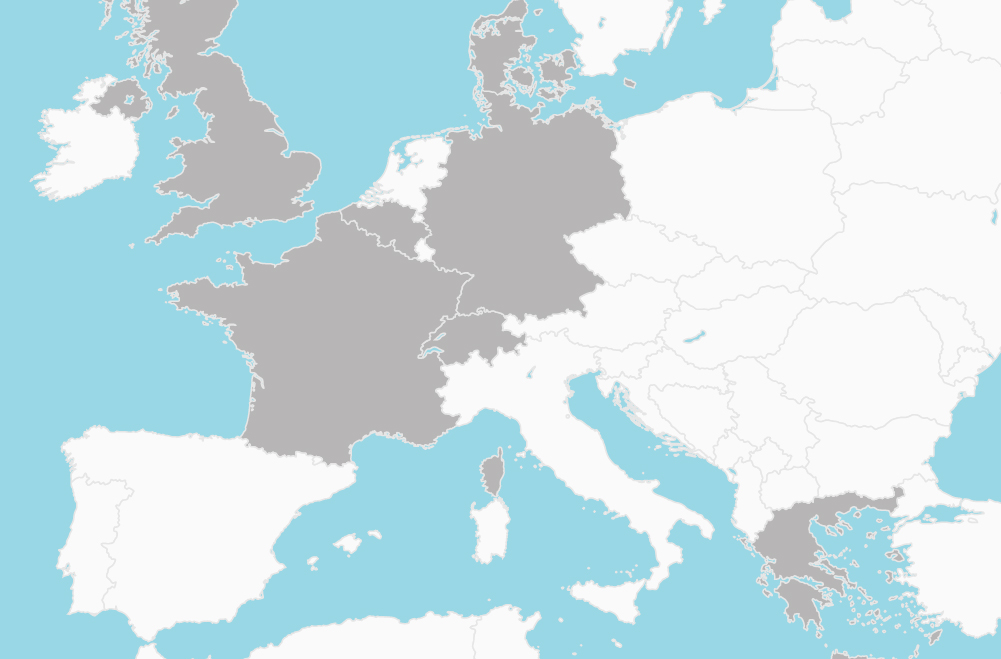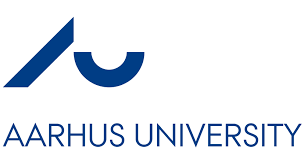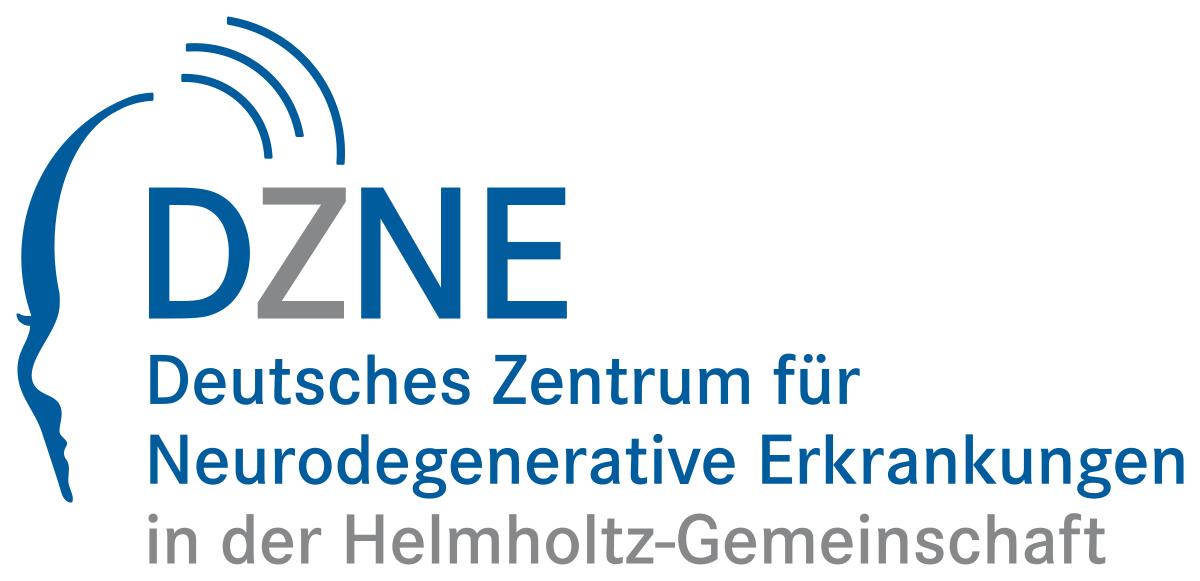The IMPRiND consortium is uniquely positioned to deliver the project objectives as it combines some of the world-leading laboratories in this area of research with access to state of the art academic and industry facilities. Our expertise spans both Alzheimer and Parkinson diseases, with focused complementary interests in all the relevant areas (e.g. biophysical characterisation of proteopathic assemblies; cellular mechanisms of protein propagation, secretion and degradation; iPSC and organotypic cultures; fly and zebrafish genetics; animal models; drug discovery).
It comprises 18 partners in 7 European countries, including 6 universities, 5 research centres, 6 pharmaceutical companies and 1 SME specialised in scientific project management.
In addition, two non-European institutions are involved in the consortium: Harvard Medical School and Hamad Bin Khalifa University.






















